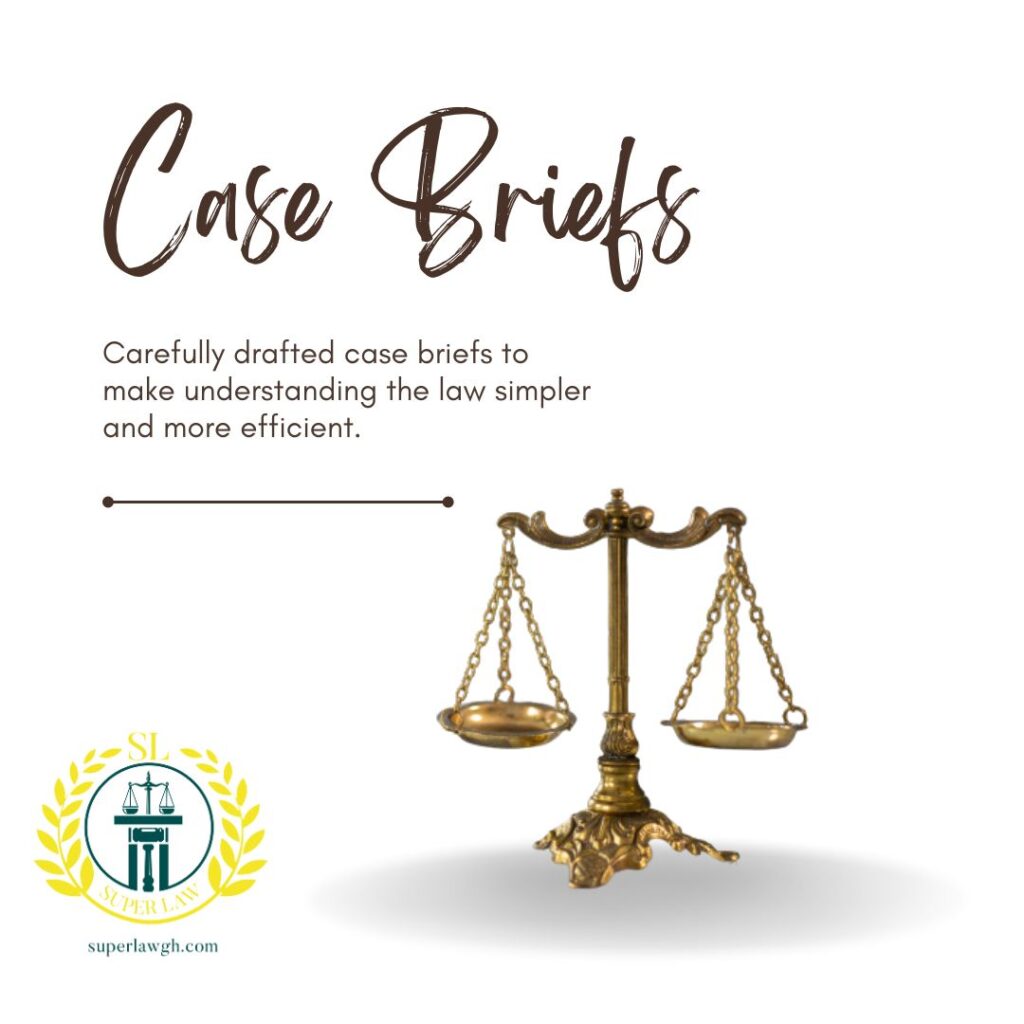Brogden v Metropolitan Railway Co. (1877) 2 App Cas 666 (HL)
Brogden, the plaintiff had suggested that the defendant Railway Company should enter into a formal contract for the supply and purchase of coal. The Railway Company agreed and sent terms of agreement.
Brogden added the name of an arbitrator to settle any differences, before writing ‘approved’ and signing the document. The agreement was returned to the Railway’s Company’s manager, who put it in his desk. The manager then ordered and received coal on the basis of the arrangements in this document. When disputes arose, Brogden denied that there was any binding contract.
Held: By inserting the name of an arbitrator, Brogden had rejected the offer and made a
counter-offer. This counter-offer had been accepted by the Company when it ordered and had
taken delivery of coal upon the terms of the agreement. There had therefore been acceptance by conduct.
LORD BLACKBURN: I have always believed the law to be this, that when an offer is made to another party, and in that offer there is a request express or implied that he must signify his acceptance by doing some particular thing, then as soon as he does that thing, he is bound.
If a man sent an offer abroad saying: I wish to know whether you will supply me with goods at such and such a price, and, if you agree to
that, you must ship the first cargo as soon as you get this letter, there can be no doubt that as soon as the cargo was shipped the contract would be complete, and if the cargo went to the bottom of the sea,
it would go to the bottom of the sea at the risk of the orderer.But when you come to the general proposition which [the judge at first instance] seems to have laid down, that a simple acceptance in your own mind, without any intimation to the other party, and expressed by a mere private act, such as putting a letter into a drawer, completes a contract, I must say I differ from that. . .But my Lords, while, as I say, this is so upon the question of law, it is still necessary to consider this case farther upon the question of fact. I agree, and I think every Judge who has considered the case does agree, certainly Lord Chief Justice Cockburn does, that though the parties may have gone no farther than an offer on the one side, saying, Here is the draft,—(for that I think is really what this case comes to,)—and the draft so offered by the one side is approved by the other, everything being agreed to except the name of the arbitrator, which the one side has filled in and the other has not yet assented to, if both parties have acted upon that draft and treated it as binding, they will be bound by it.

